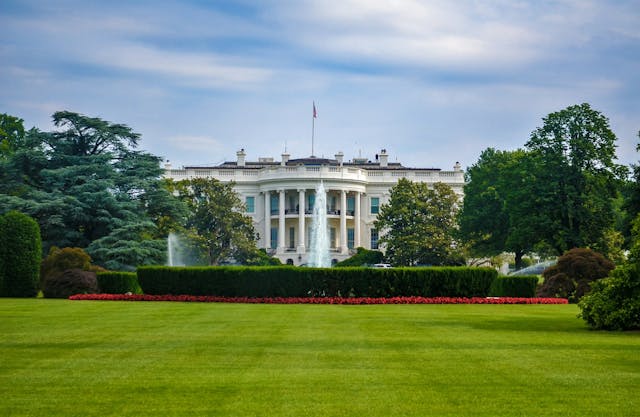Rep. Walter Jones Leads Effort to Declassify Full 9/11 Report

When Congress returns to session there will be many topics on the agenda ranging from a possible declaration of war against the Islamic State to immigration reform. Yet for one congressman from North Carolina, another issue takes precedence.
Last December, Walter Jones, a Republican from the Tar Heel State, introduced the simply titled HR 428: Urging the president to release information regarding the September 11, 2001, terrorist attacks upon the United States. A short bill, Jones believes:
"(1) the President should declassify the 28-page section of the Joint Inquiry Into Intelligence Community Activities Before and After the Terrorist Attacks of September 2001; and "(2) the families of the victims and the people of the United States deserve answers about the events and circumstances surrounding the September 11, 2001, attacks upon the United States."
In a discussion on the Ron Paul Channel, Jones cited the need to understand the relationship with the Saudis and said it would be "embarrassing for the [Bush administration] if this information was released to the public."
Introduced in December, Jones' bill was moved to committee and remains there with 10 cosponsors.
Kentucky U.S. Rep. Thomas Massie, one of Jones' House supporters, said in a television interview that the redacted pages of the report changed his "understanding of history." It also led him to ask, "Why did my government keep this from me for 13 years? What were their motives?"
In originally classifying the 28 pages in question, President George W. Bushcited national security reasons.
In the midst of congressional midterm elections and questions about what, if anything, the U.S. should do about the Islamic State, declassifying 28 pages from the 9/11 report may sound like a distraction or digging up ancient history.
However, it also begs the questions Massie already asked: Why has it taken the government so long to allow the American public to know what led up to the September 11, 2001 terrorist attacks? Why, when the 13th anniversary of the attacks approaches, are there still fundamental questions surrounding the event?
While some lawmakers work to declassify these documents, the Justice Department recently declassified a 2004 memo that approved warrantless surveillance. With the leaks of former NSA contractor Edward Snowden, it became known that the programs resulted in the collection of Internet metadata.
There are also indications that the American people are interested to find out more about the attacks. A Rasmussen poll from July found that nearly one-quarter of those surveyed thought the U.S. government had some advance knowledge of the attacks and did nothing while 19 percent were unsure.
Walter Jones' effort to declassify the remaining pages of the 9/11 report do not center on conspiracy theories per se. However, the revelations from Snowden do show that there are likely lingering questions and suspicions that the government is not telling the whole truth.
Photo retrieved from NationalMemo.com. No credit attributed.



